Water Testing
Featured Water Testing Listings
Browse Water Testing Companies
Water Testing Ireland
Water testing in Ireland plays a crucial role in environmental monitoring and ensuring drinking water quality. The country’s approach to water management is largely guided by the EU Water Framework Directive, which Ireland has diligently implemented. This directive sets stringent standards for water quality across various water bodies, including rivers, lakes, and coastal waters. As a result, Irish environmental agencies conduct regular and comprehensive water testing programs to assess the ecological status of these water bodies. These tests examine a wide range of parameters, including chemical pollutants, biological indicators, and physical characteristics, providing valuable data on the health of Ireland’s aquatic ecosystems.
Recent years have seen significant developments and challenges in Irish water testing practices. Climate change impacts have necessitated more frequent and detailed monitoring, as changing weather patterns affect water quality and availability. Additionally, the emergence of new contaminants, such as microplastics and pharmaceutical residues, has prompted the adoption of more sophisticated testing methods. Irish water authorities have responded by investing in improved testing technologies, including advanced analytical instruments and real-time monitoring systems. These enhancements allow for more accurate detection of pollutants and faster response times to potential water quality issues, ultimately contributing to better protection of public health and the environment in Ireland.
